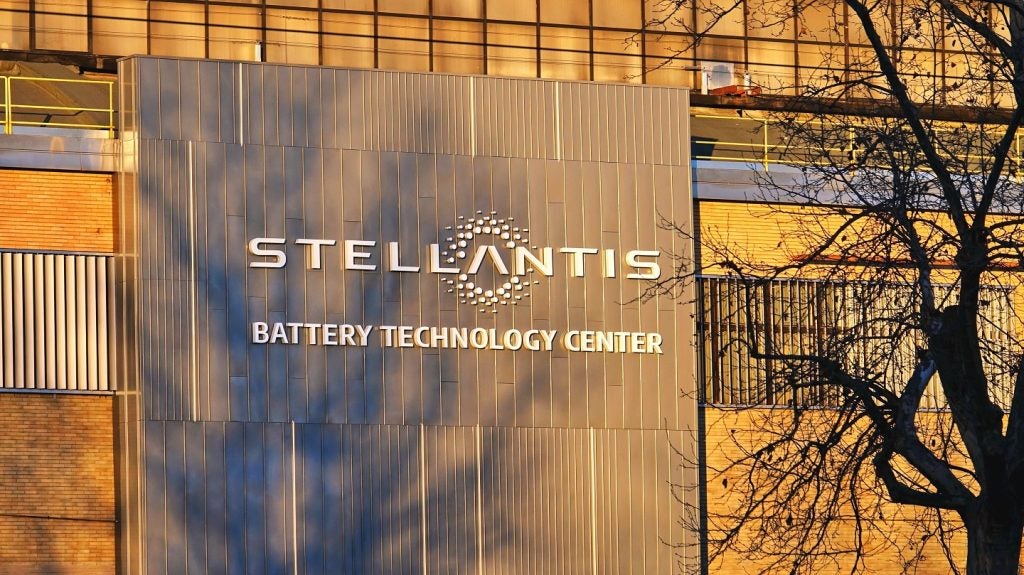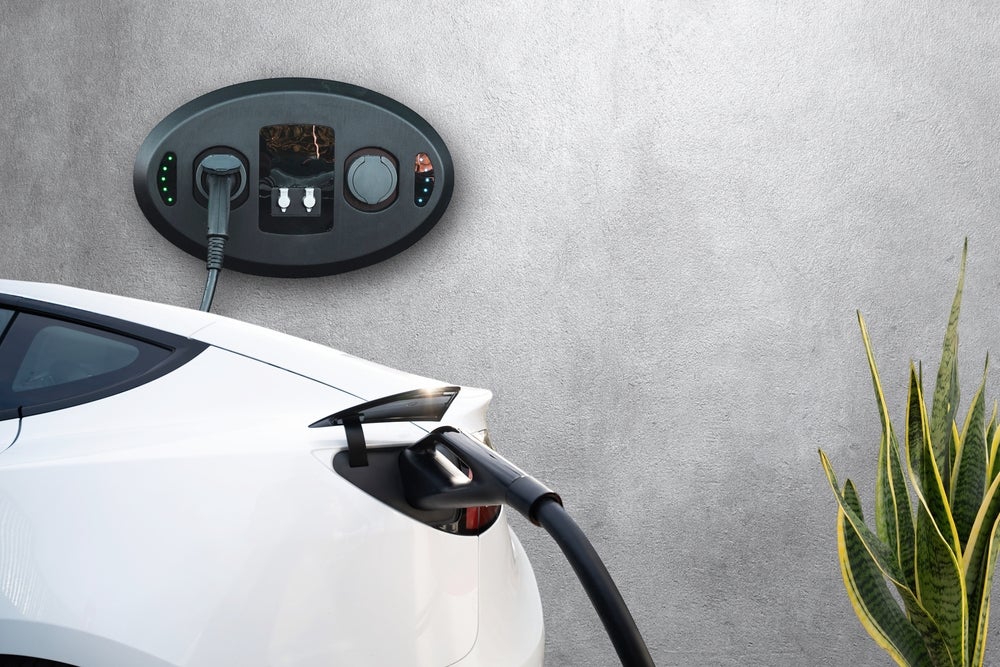The motor finance industry must continue to deliver finance products underpinned by fairness, transparency, and choice for the end user, as the challenges of EVs come into focus, says ALPHERA Financial Services.
The market for electric vehicles (EVs) has surged in recent years, with the industry gearing up for the end of internal combustion engine (ICE) car sales in 2030.
The trend is being accelerated by growing concern among consumers about the impacts of climate change, rising fuel costs and new restrictions on the use of ICE vehicles in major UK conurbations.
We are seeing many new EVs enter the market, creating more choice in multiple segments and with prices catering for a wider range of consumers. Momentum seems to be growing – over the first six months of 2023, battery electric vehicles commanded a substantial 16.1% share of the total market.

However, it’s important to note that much of the growth in new car sales is being driven by the business and fleet market, rather than by demand from retail customers. When it comes to EV sales, financial incentives remain in place for businesses, but these have now disappeared for private buyers, so there is inevitably greater sensitivity about the fact that the list price of new EVs remains high compared to ICE equivalents.
The used EV market has seen prices at high levels due to a shortage of supply but, as more ex-business EVs enter the used market, we are seeing prices ease back. Nevertheless, the prices of most new and used EVs remain high relative to their ICE counterparts. There seems to be no sign that government incentives will return, so if government targets for EV sales are to be met, the industry needs to find ways to bolster demand, particularly among consumers.
How well do you really know your competitors?
Access the most comprehensive Company Profiles on the market, powered by GlobalData. Save hours of research. Gain competitive edge.

Thank you!
Your download email will arrive shortly
Not ready to buy yet? Download a free sample
We are confident about the unique quality of our Company Profiles. However, we want you to make the most beneficial decision for your business, so we offer a free sample that you can download by submitting the below form
By GlobalDataA question worth asking is, how do consumers approach the potential purchase of an EV? It’s clear that the purchase cycle is a little longer; consumers need information, guidance and reassurance about fundamental issues such as battery life, driving range and public charging infrastructure. It should not be underestimated how important it will be for dealers to explore new ways to engage with consumers about both the benefits and practicalities of EV ownership to drive ongoing demand.
In addition, given the cost of EVs versus ICE counterparts, finance is certain to play an even bigger role in driving sales. The motor finance industry must continue to deliver finance products underpinned by fairness, transparency, and choice for the end user.
Crucially, while the purchase journey for EVs might be a little different, the way they are financed does not need to be. A range of proven and trusted finance options, from personal contract purchasing to hire purchasing, allow customers to achieve desired outcomes over the entire ownership phase.
Importantly, existing finance solutions also provide useful protection to the EV buyer, protecting them from the potential of negative equity. This will be important for many of those consumers contemplating the purchase of an EV who might be concerned about such things as battery deterioration and the associated impact on residual values and trade-in prices.
The finance sector must continue to support the automotive industry during this new era of electromobility. Financial service providers must explore innovative processes for driving engagement with consumers and reassuring them that finance can deliver protection from value-related risks, allowing them to enjoy their EVs with true peace of mind.
Panorama highlights ‘poor education around EVs’
Game-changing legislation for ABL funding and asset finance in Scotland








